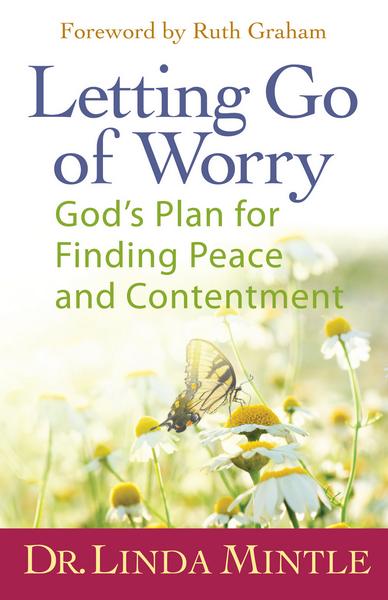 It’s the weekend and you are even more anxious than ever. The opportunity to binge eat is greater in the next two days than during the week because you are home all day with food. And when you are around food all day, the temptation to over indulge hits you hard.
It’s the weekend and you are even more anxious than ever. The opportunity to binge eat is greater in the next two days than during the week because you are home all day with food. And when you are around food all day, the temptation to over indulge hits you hard.
If fact, you find yourself doing the following:
- —Eating too fast
- —Eating until you are uncomfortably full
- —Eating a lot of food even though you are not physically hungry
- —Eating alone because you are embarrassed as to how much you are eating
- —Eating and then feeling disgusted, depressed or guilty.
This constant pattern every night and weekend has you distressed and upset. You don’t want to think about food all the time.
What you might not know is that you could be a binge eater. Binge eating is a type of eating disorder characterized by the above and usually results in weight gain. And when you think about it more, you know that you have trouble coping with stress, worry, sadness and boredom. Maybe this has something to do with bingeing on food. In most cases, it does.
So rather than stay distressed about your eating behavior, contact an eating disorder specialist to get help. In fact, NIMH estimates that 2.8% of the population struggles with binge eating disorder so you are not alone.
The important thing is to get help.
Contact an eating disorder specialist and learn how to stop bingeing and eat better. My book, PRESS PAUSE BEFORE YOU EAT, can help change your relationships with food from struggle to healthy.


